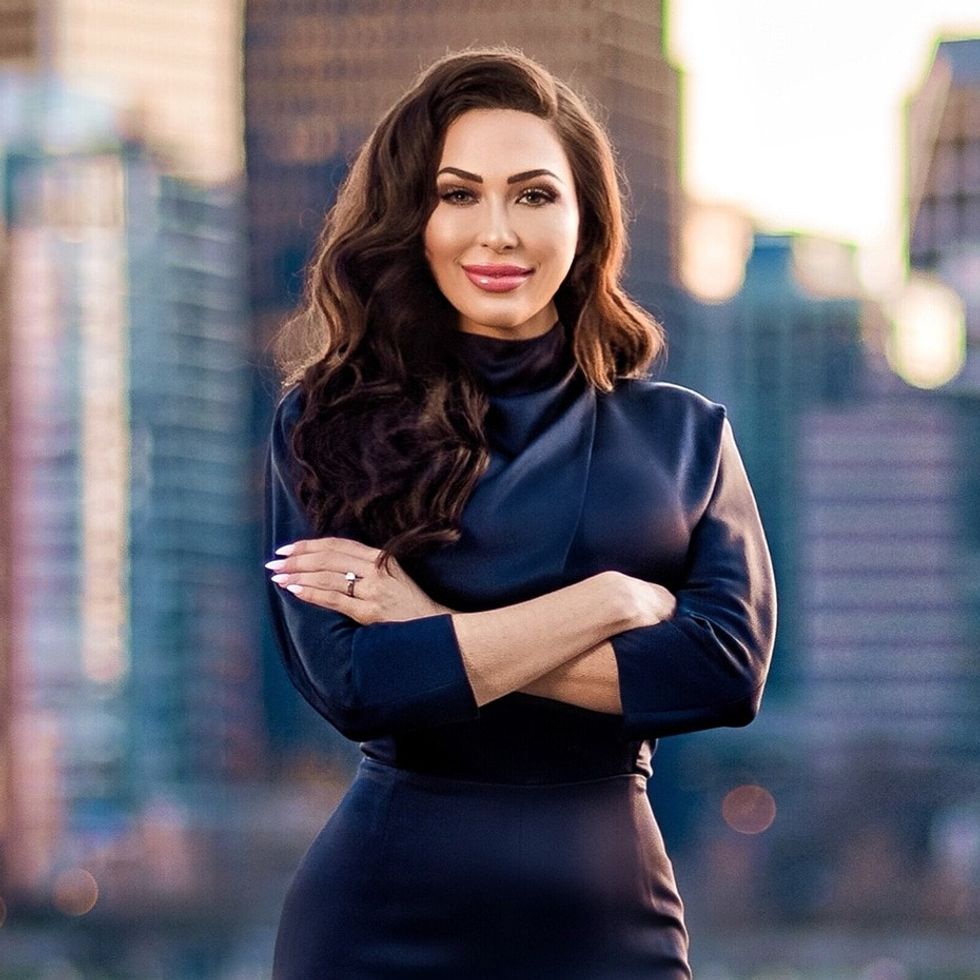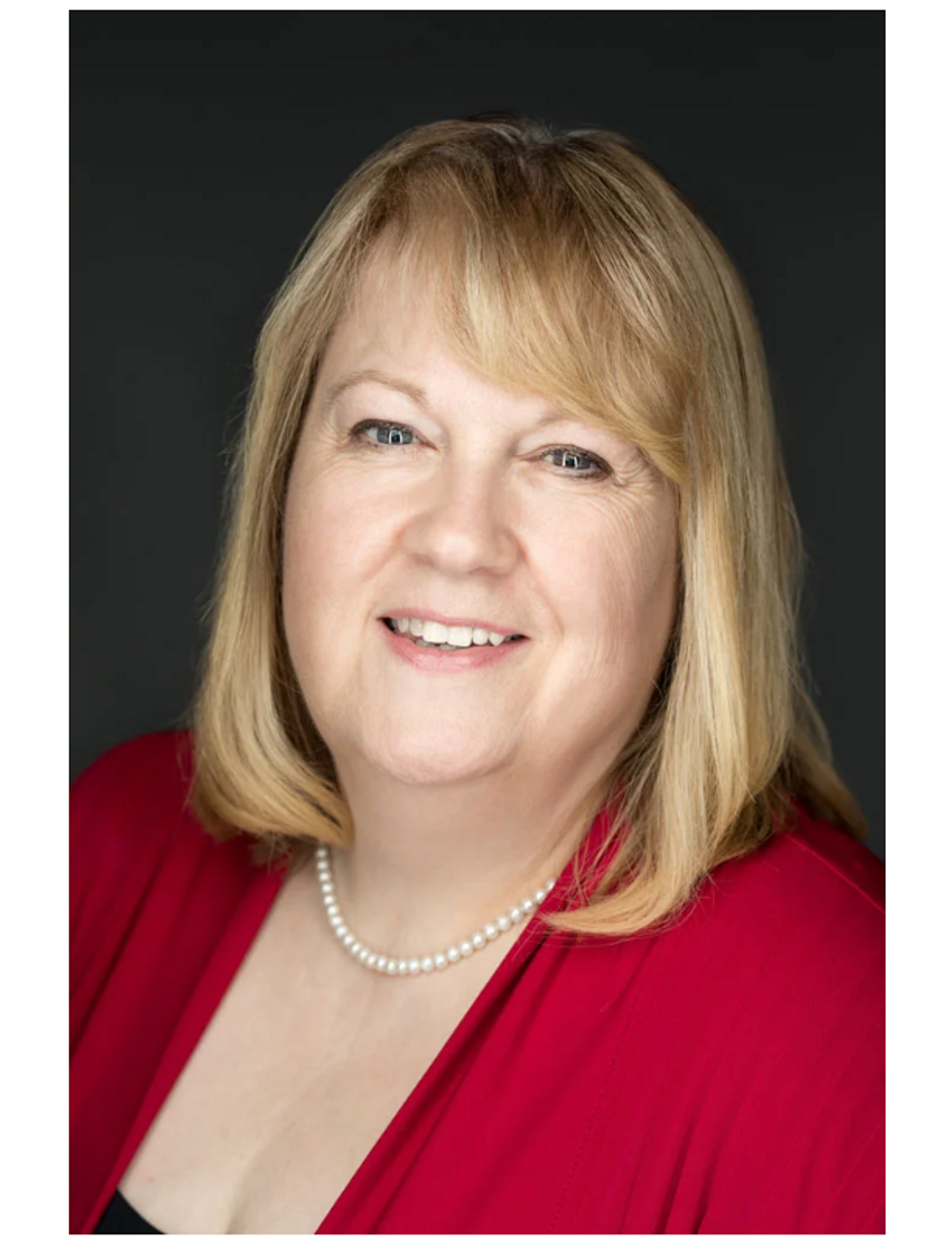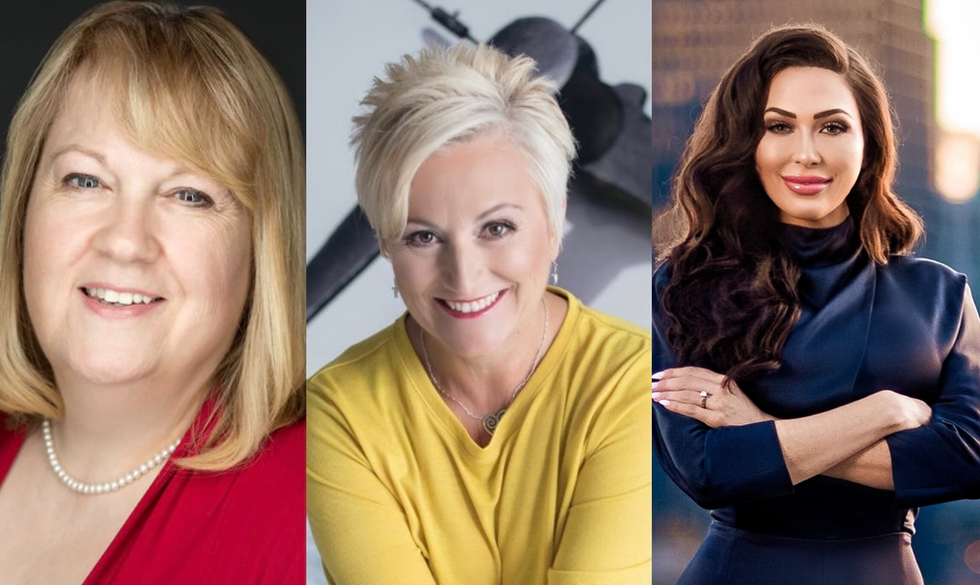Three Canadian women talk about what it takes to get ahead in real estate investing
When Liza Rogers made the leap into real estate, she was looking to reinvent herself. At 40, she was a contractor in the gig economy – she had worked on cruise ships, as an international tour guide, at two Olympics – but was beginning to feel uncertain about what her future would hold. reserved for him.
“It was at a time when people were starting to say you can’t rely on your pension plan to take care of you in retirement, you have to be responsible for your own financial future,” she says. “I wanted to keep my healthy lifestyle, I wanted to continue to travel, eat in great restaurants with friends. I realized that I had to find a way to create a more challenging financial future.
Considering her options for a second career, real estate seemed like an obvious choice. Unlike other career paths with high earning potential, successful real estate investing does not require formal training and the learning curve is accessible.
“Real estate is one of the few businesses where if the deal is good, the bank will lend you up to 95% of the money you need to get a mortgage,” she adds. “It basically means you get up to 95% of your new business funded.”
Rogers decided to undertake its real estate journey in collaboration. In 2016, she founded the Women’s real estate network (WREN), a social enterprise where members in Victoria and Vancouver can network and collaborate on income-generating real estate transactions.
Rogers says the typical age range for WREN members is between 35 and 65, and members generally have some experience in real estate.
“They can run an Airbnb, have their first investment property, or have a suite in their house that they rent out,” she says. “They realize there are stages to this real estate stuff, but they’ve reached a point where they can’t go any further on their own. That’s where the power of having a network comes in.
While some members are driven by the income potential of real estate investing — “we’re in a time where people don’t want to go back to their normal jobs and work for shitty wages, they’re demanding better,” says Rogers — others came there out of necessity. And Rogers finds the club to be of great value to those who need to restructure their financial future in light of big life changes.
“There’s a 90% chance that whatever someone is going through right now, another member has gone through the same thing. Someone went bankrupt, someone got divorced, someone had an untimely death in the family, someone had children who needed help,” she says. Through WREN, members can work towards achieving financial independence, while reaping the benefits of belonging to a community.
“One of the things I always tell people who want to invest is to surround yourself with people who do,” Rogers says. “Find a network in your local community, join a dating group that regularly hosts real estate training sessions, surround yourself with doers. Eventually, you’ll have the confidence to take a step you feel good about. , and that’s where empowerment comes from.

“WREN is a big part of my life, and Liza has built a strong foundation for women to show up and feel supported,” says Ava Benesocky. She joined WREN after moving to Vancouver in 2020. As a longtime real estate professional, she was looking for a way to connect with like-minded people. “I went to my first meeting and it was a great place. It’s a tribe of women who came together to exchange ideas and ask for help.
For Benesocky, real estate has always been a passion. It was her first career – she became an agent at 22 – and these days she is focused on achieving success.
In 2020, she co-founded CPI Capital, of which she is currently the Managing Director. Through CPI, investors can access passive investing opportunities across a variety of asset classes, allowing those who don’t have the time or experience to invest in real estate to reap the rewards. profits – “but they are completely independent,” she adds.
As a woman in private equity, Benesocky often feels like an outlier, but she knows the importance of showing up.
“Being the only woman on the phone with property managers, asset managers, acquisition managers — that was definitely a challenge when I entered that space,” she says. “It’s rare to see women investing in real estate, and it’s especially rare to see women in leadership roles at real estate investment companies, like the one I run. That’s why I have a huge passion for educating women on how to take control of their financial future and really plant those seeds in their minds.
Benesocky believes that all women should not only understand the importance of investing, but be aware of the financial products available to optimize investments.
“It goes without saying that the more you understand how to invest, the more confident you will be,” she adds. “Knowing how to manage one’s wealth should be a key priority for women.”

Cheri Crause had been in the financial planning industry for 25 years when she got her first taste of real estate investing. She invested in her first income property in 1997 and immersed herself further in the years to come. In 2016, she turned entirely to real estate; she sold her finance practice, got her real estate license, and began developing purpose-built rentals. She also became a sponsor of WREN.
“It was all about timing,” Crause says of his involvement in the purpose-built rental business. “I went to town and asked, ‘what are you looking for?'”
On top of that, she realized that investing in multi-family properties would help her reach her goal of financial freedom faster than if she had to invest in other asset classes, like single-family homes. That said, she recognizes that successful real estate investing is a long game.
“People think real estate is easy to do. Like it’s easy money and the sky is the limit,” she says. “And in some ways, it’s true, there’s lots of rewards with this, but don’t think you don’t have to work.
“If you play for the short term, your chances of losing are high. That’s the challenge – remembering that when things explode and explode, there’s always a downside. Everything is cyclical and you have to prepare for it and know what your strategy will be in the event of a downturn. Having a support network in place can really help.


Comments are closed.